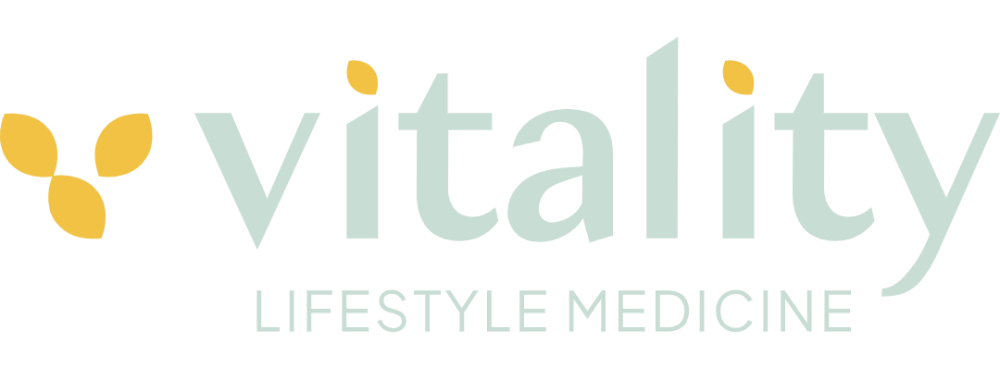How constant stress affects your body and what you can do about it
Oct 13, 2025
The world feels like it’s in upheaval right now. War, politics, rising costs of living, health scares, natural disasters, the news cycle never stops. Add in social media feeds filled with filtered lives, endless opinions, and warnings about everything from hormones to diet trends, and it’s no wonder so many women feel overwhelmed, anxious, and flat-out exhausted.
For midlife women already navigating hormonal changes, family responsibilities, and demanding workloads, this constant bombardment of information can quietly erode both mental and physical health.
How stress hijacks the nervous system
Our brains and bodies evolved to respond to short bursts of stress, not relentless input. When you encounter distressing news or even scroll through social media posts that trigger comparison or fear, your nervous system reacts as if you’re under immediate threat.
Stress hormones such as cortisol and adrenaline rise, preparing your body for action. In theory, this reaction should switch off once the threat has passed. But in modern life, the brain receives stress signals all day, every day. The result is a body and mind that feel constantly “on alert,” even when you’re safe at home.
The health effects of chronic stress in midlife women
When the stress response is switched on too often, it affects more than just mood. Research links constant stress with:
-
Poor sleep and insomnia
-
Persistent fatigue and brain fog
-
Higher blood pressure and inflammation
-
Blood sugar imbalances and increased appetite
-
Greater risk of anxiety and depression
For women in their 40s, 50s and 60s, these effects can combine with perimenopausal and menopausal hormone changes, magnifying exhaustion and burnout.
Social media, news cycles and women’s health
Every day, we are flooded with information. News headlines warn of global crises, while social media often promotes comparison and unrealistic expectations. Studies show that excessive social media use can increase anxiety and depressive symptoms, particularly in women. What you consume online doesn’t just stay in your head — it influences your nervous system, your hormone balance, and even your immune health.
The placebo and nocebo effect: why beliefs matter
Research into the placebo effect demonstrates how positive expectations can improve health outcomes. Conversely, the nocebo effect shows how negative expectations can increase pain, worsen symptoms, or create new health problems.
This is particularly relevant for women in midlife. When constant online messages suggest that weight gain, joint pain, or brain fog are “inevitable” after 40, these beliefs can become self-fulfilling. Stress alone can disrupt hormone balance, metabolism, and immune function, reinforcing the very symptoms women fear.
How to protect your nervous system from information overload
The good news is that while you can’t control the global news cycle, you can protect your nervous system from daily overload.
Practical, evidence-based strategies include:
-
Audit your media diet: Track how you feel after reading the news or scrolling your feed. If it leaves you tense or low, reduce exposure.
-
Curate your inputs: Follow accounts that inspire, educate or calm you. Mute or unfollow those who trigger comparison or anxiety.
-
Set time limits: Avoid checking news and social feeds first thing in the morning or just before bed.
-
Support your stress recovery: Gentle movement, time outdoors, yoga, or deep breathing all help switch your body into “rest and repair” mode.
-
Reclaim real-world connections: Spend time with loved ones, nature, or creative hobbies. These ground you in ways digital inputs never can.
Final thoughts
Constant exposure to distressing information isn’t just an emotional strain — it has measurable effects on your hormones, energy, mood, and long-term health. By protecting what you allow into your mental space, you protect your nervous system, and in turn, your whole-body health. For midlife women especially, curating your inputs isn’t indulgent. It’s essential.

